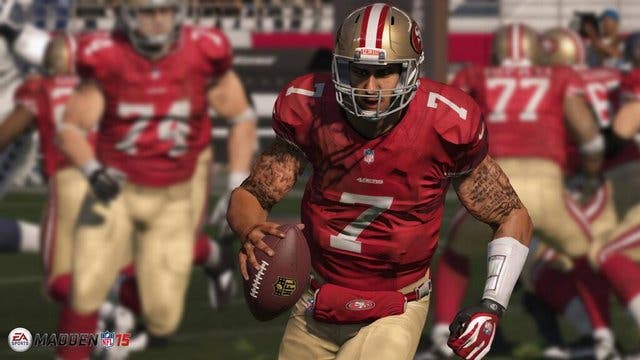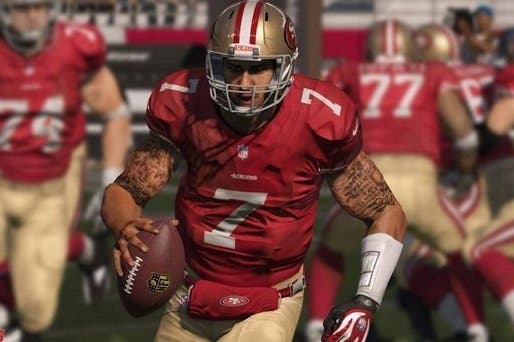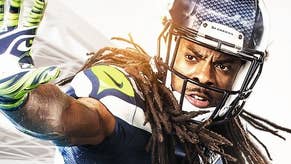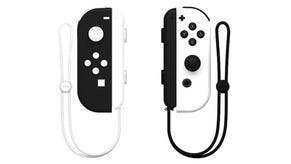Why Madden 15 is allowed to portray an athlete's tattoos
And why the series couldn't before.
Today EA released its first image of Madden NFL 15 portraying San Francisco 49ers quarterback Colin Kaepernick. At a glance, it might not look unusual, but astute fans of the series picked up on one not insignificant detail: the star athlete's tattoos are represented in-game. On its own, this might not sound very interesting, but it is when one considers that in previous entries none of the athletes ever had their skin art portrayed on their likeness. Here's why:
As reported by Polygon, this had little to do with an NFL trademark, but had everything to do with tattoo artists suing for their work being not only represented, but recreated in another medium that's making a profit. We've seen this before in video games when tattoo artist Chris Escobedo sued EA for accurately portraying UFC fighter Carlos Condit's tattoos in UFC: Undisputed.
More recently, we saw this when tattoo artist Stephen Allen sued EA for using his work on the cover of NFL Street, where it portrayed his former client, NFL running back Ricky Williams
NFLPA's assistant executive director of external affairs, George Atallah, told Bloomberg last year that NFLPA officials were encouraging players to get copyright waivers from their tattoo artists.
That's precisely what Kaepernick did.

Unfortunately, it sounds like he's the only one who made this effort. He "takes his tattoos as a personal self-expression that he wants represented in any product or marketing thing that he's a part of," said Madden NFL line producer Seann Graddy of Kaepernick in a statement to Polygon.
The series producer encouraged other players go out and do that same. "We want to do this with every player, frankly, and we're hopeful that more players over time actually go out and secure the rights so that we can use their tattoos as well," Graddy explained.
Last year Escobedo defended his claim, stating that tattoo art shouldn't be treated any different than other form of graphic design. "A song that only plays for a few seconds in a game gets $25,000 to $100,000 for a licensing agreement," Escobedo told Bloomberg last November. "I don't see the difference with my custom mark that was way harder to do in someone's skin than it is on a computer or a piece of paper."
It seems Escobedo is less adamant about getting money from when a tattooed person shows off their ink job on TV, in a magazine, or in a movie, but when it's a digital representation where someone had to put in extra effort to replicate it, that's different, "I'm not saying I own their skin," Escobedo said in the Bloomberg report. "But I am the artist and the creator."
What do you think? Is a tattoo artist entitled to the profits that come from another company using their clients' likeness? Or is this a case of people seeing dollars signs and stretching the law to suit them? Either way, professional athletes make a ton of money (to put it mildly), so is it acceptable that they should be charged an order of magnitude more to keep their work not only on their own skin, but their avatars' skin as well?











